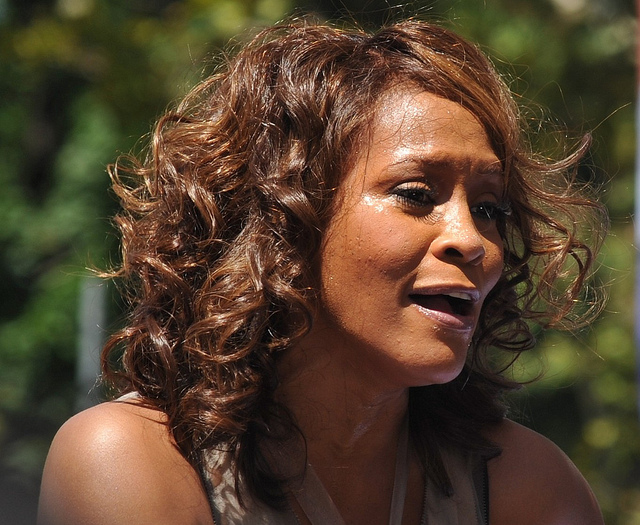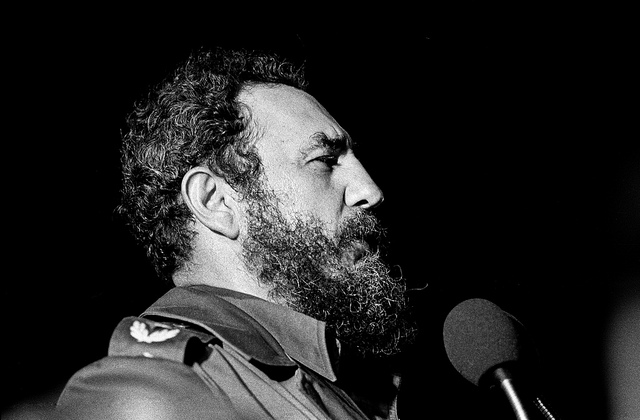“I’m every woman,” sang Whitney Houston. Perhaps. Her vulnerabilities were easy to identify with. Being African American, and closeted, didn’t hurt. Had she overdosed? Was the legacy of slavery the final nail in her coffin? Everything is possible. The sheer number of potential causes was entirely in keeping.
Houston’s funeral was observed worldwide, giving all of us the opportunity to rejoice, for however long, in the diva’s immortality. The memorial service was a romp through the familiar: paying tribute t an inner-city singer who started with Gospel, in impoverished Newark, and realized her dream. For as American as her story is, there is no escaping its tragic conclusion.
“Fail better,” I wish I could have told her. Samuel Beckett’s phrase could easily have been applied to Houston. A non-white artist, who at one point had been the toast of the music business, Houston was a marginal, limping figure by the time she died. A longtime drug addict, she’d lived on the edge for as long as she could. That she finally succumbed to her vices was no surprise.
However conventional, Whitney Houston’s pop songs always echoed African American calls for freedom. This was her political heritage, which found its voice in the singer’s campaigning against apartheid. Indeed, one would be hard pressed to not place her work aside that of Toni Morrison, in Houston’s ability to express numerous types of precariousness, in her case, of being black, female and queer.
Houston sang in the tradition of Negro spirituals, routinely relying on melismatic flourishes. Issuing a multiplicity of notes in succession, her technique echoed classic cantorial singing, in an R&B context. “IIIIIIIIII will always love youuu.” The translation is obvious. So is the desire for transcendence communicated by such clichéd lines. Love, theologically speaking, is our only means of escaping death.
Perhaps Houston was aware of this. Perhaps she understood that she wasn’t so much expressing a desire for temporal rewards, but the eternal, for the next world to come. For someone struggling with Houston’s conflicts, for ethnic, sexual, and gender liberation, could you blame her? Hence the appropriateness of her mixing Jewish and African-American religious musics, through glossy, over-produced pop.
If Houston was queer, she was carefully hidden. Would she have survived coming out? It’s hard to tell. Homophobia remains rampant in the US. It remains especially strong amongst Christians, in both white and minority communities. Might she have experienced a mainstream version of the protest against David Wojnarowicz’s National Portrait Gallery show? Perhaps, if not for coming out, definitely for being a different kind of black woman. After all, racism is synonymous with sexism and homophobia.
Whitney Houston was haunted by the unfinished business of African American and gay trauma. Indeed, She was an Other in the feminine,who refused to betray her ethnicity. How else might we make sense of her having been repeatedly accused of lowliness and ruin? Thankfully, Houston could call upon American families to be her choir. Unwittingly queer families, that is. Devout, they lent their belcanto to her funeral.”Send Me an Angel,” a memorial celebrant chanted on my TV. Their spinning and swirling said it all.
Photograph courtesy of asterix611. Published under a Creative Commons license.





